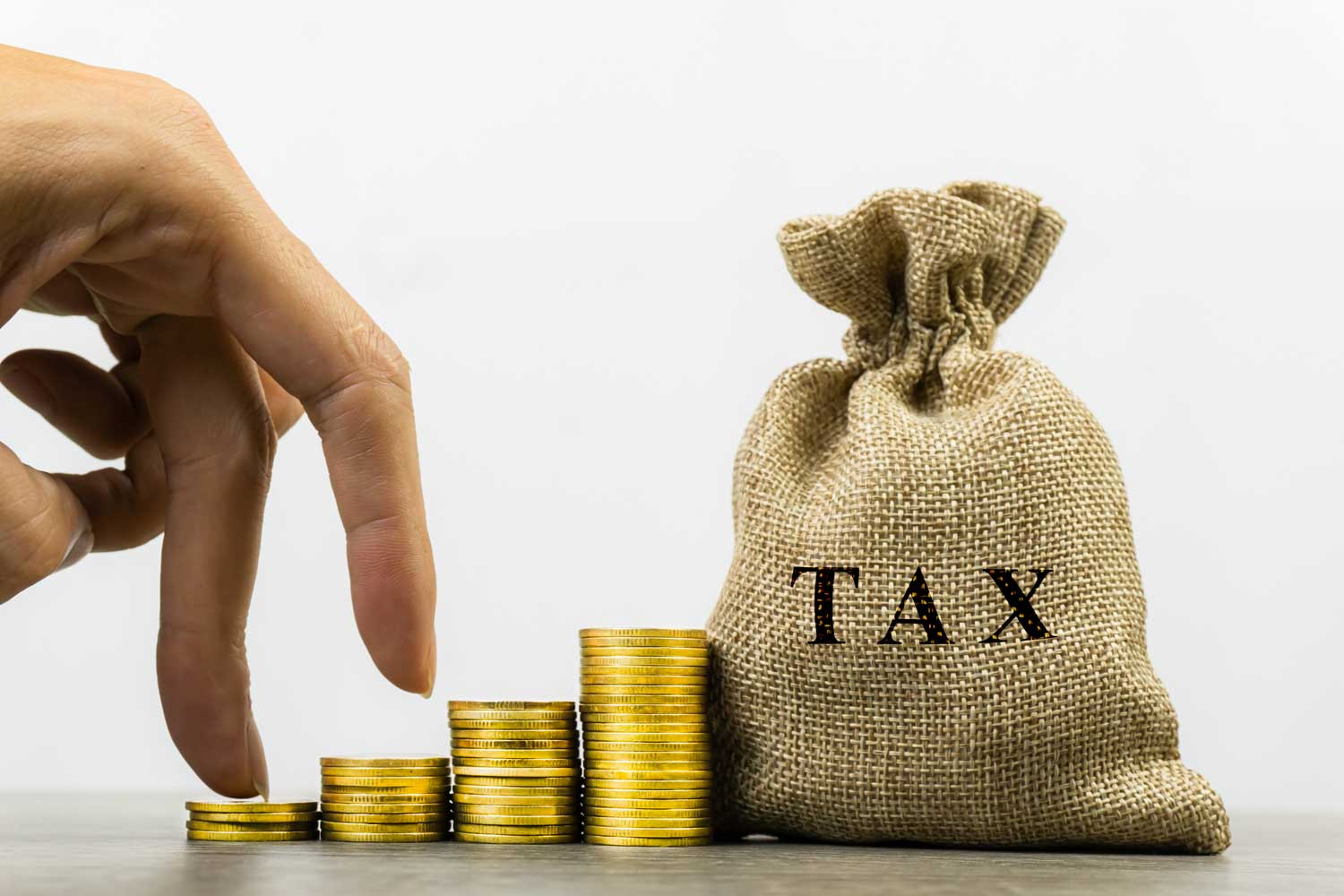
Germany’s upper house of parliament, the Bundesrat, on June 25 approved tobacco tax reform legislation, which includes tax hikes on both traditional cigarettes and next-generation products, reports the Berliner Zeitung.
In 2022 and 2023, the tobacco tax on a pack of 20 combustible cigarettes will increase by an average of €0.10 ($0.12) each year; in 2025 and 2026, it will go up by another €0.15 in each year. A pack of branded cigarettes currently costs around €7 in Germany, which last raised its tobacco taxes in 2015.
Manufacturers are likely to pass the higher taxes on to consumers.
Around one in four German adults regularly smokes cigarettes. Health activists had called for significantly higher tobacco tax hikes. The German Cancer Research Center, for example, said the rate would have to increase by a least 10 percent to make a significant dent in smoking. The increases approved by the Bundesrat amount to 3 and 4 percent, respectively.
Tobacco taxes earned Germany €14.7 billion in 2020. Without a tax increase, the tax authorities had forecast tobacco tax revenues of €14.1 billion for 2022; with the rules that have now been adopted, they anticipate almost €16 billion.
The tax increase disproportionally targets e-cigarettes and the consumables for tobacco heating devices—a feature that has attracted considerable criticism from the vapor industry and tobacco harm reduction advocates, who believe such products should be taxed comparatively lightly because they are believed to be less harmful than combustible cigarettes.
SPD politician Michael Schrodi rejected such criticism by pointing out that novel tobacco products have been taxed at low rates to date. “Now they are being taxed appropriately because they too are a health hazard and are potentially addictive,” he said.


















